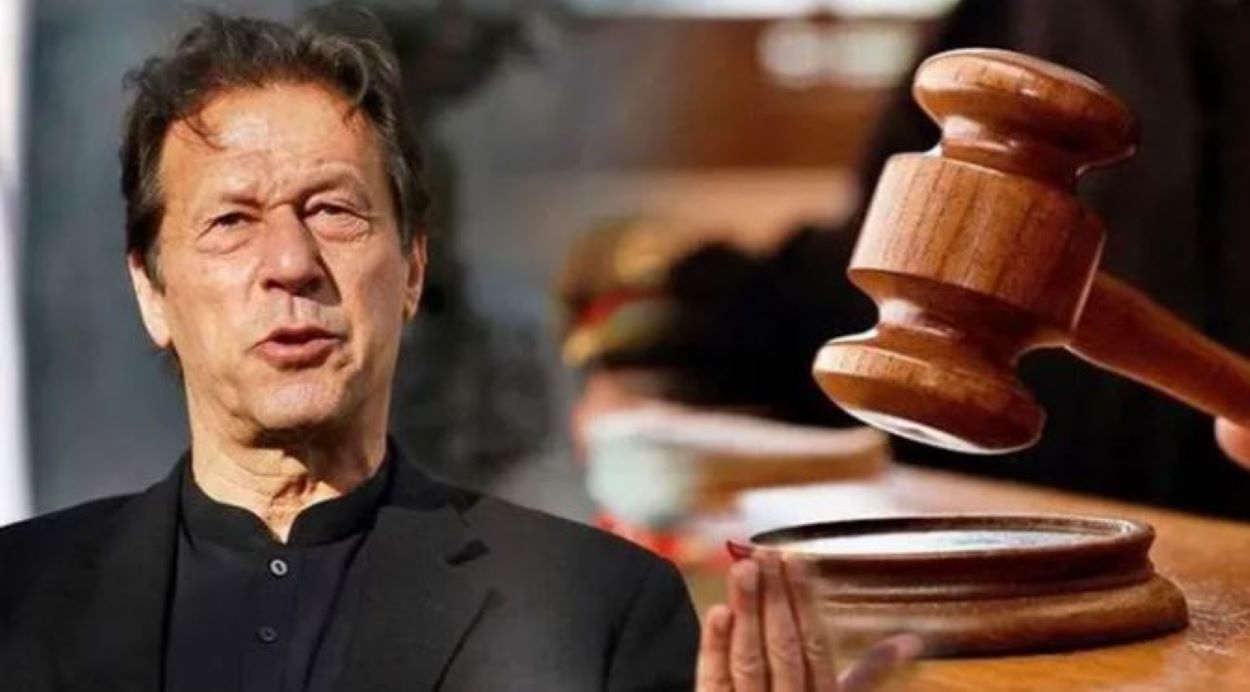The Islamabad High Court (IHC) served a notice to the Federal Investigation Agency (FIA) regarding Pakistan Tehreek-e-Insaf (PTI) Chairman Imran Khan’s request for post-arrest bail in the infamous cipher case. This move comes as Khan challenges the verdict made by a special court last week, which denied his initial bail application. Represented by attorney Salman Safdar, Khan petitioned for bail on Saturday, with the hearing scheduled for Monday.
Despite repeated requests for an expedited hearing from Khan’s legal team, IHC Chief Justice Aamer Farooq insisted on following established procedures for the case’s progression. The FIA now has orders to respond to Khan’s petition. As the case progresses, Khan and PTI Vice Chairman Shah Mahmood Qureshi remain under judicial remand until September 26. Last month, the leaders were arrested for allegedly using a confidential document to further their political ambitions, leading to the establishment a special court to oversee the case.
The Genesis and Development of Ciphergate
The cipher case, commonly referred to as “Ciphergate”, began in March 2022 when Khan disclosed a secretive communication, purportedly from a foreign country, suggesting the removal of his government from power. Although initially withholding details, Khan later implicated the United States and specifically mentioned Assistant Secretary of State for South and Central Asia Affairs, Donald Lu, in a scheme to remove him from office.
This letter, also known as a cipher, allegedly detailed a meeting between the former Pakistani ambassador to the US, Asad Majeed, and Lu, suggesting leniency for Pakistan if Khan was ousted. Despite initial uproar and actions by the National Security Committee, subsequent investigations found no proof of foreign interference, reducing the credibility of Khan’s claims.
Azam Khan, a close aide to the former prime minister, further fueled the case, testifying that Khan exploited the cipher for political advantages, fostering narratives against both the establishment and the opposition. The revelations marked a critical turn in the case, highlighting the potential misuse of confidential information to manipulate public opinion and steer political narratives.






